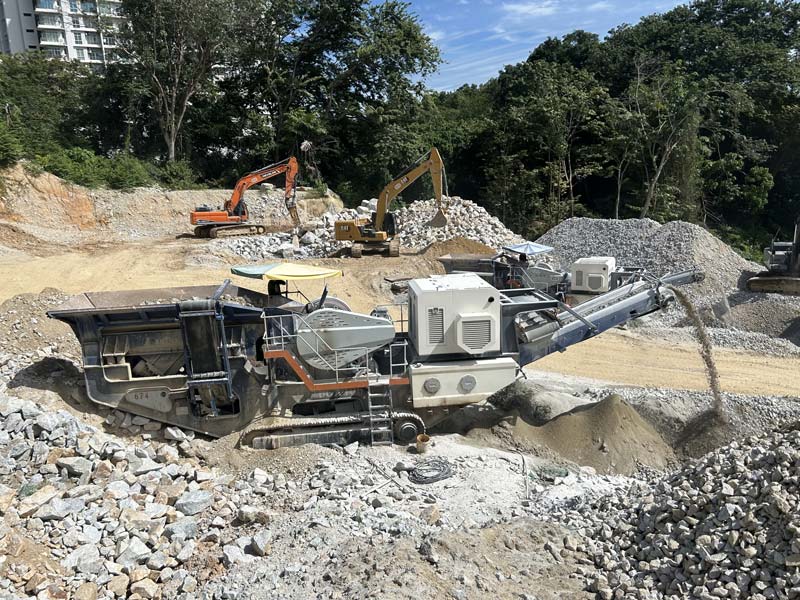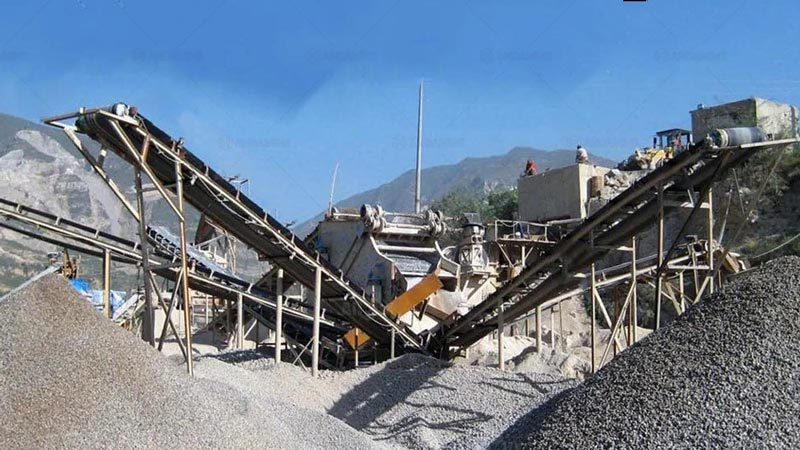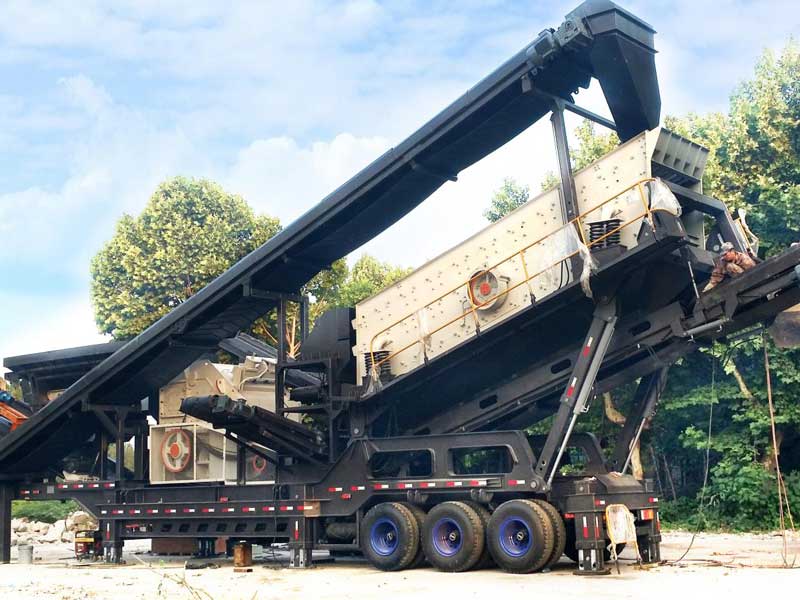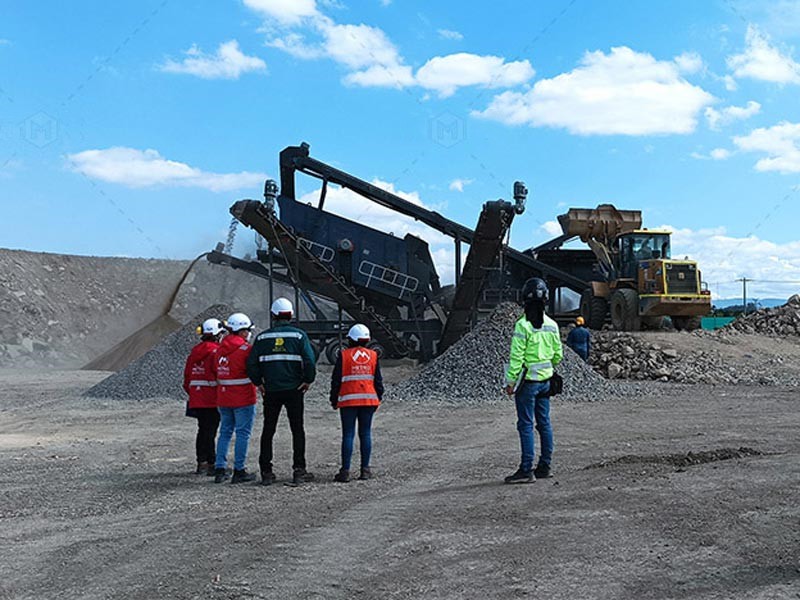Choosing the right stone crusher significantly impacts your project’s efficiency and cost-effectiveness. With various types available, understanding key selection factors ensures optimal performance. This guide covers essential considerations, including crusher type, material properties, production needs, and operational costs.
We’ll also examine specific machines like aggregate crushing machines, gravel crushers, and granite crushers. Whether you’re in construction, mining, or recycling, these insights will help you make an informed decision.

Understand Your Material Characteristics
Different stones require different crushing approaches. Consider these material properties:
-
Hardness: Granite and basalt need jaw or cone crushers
-
Abrasiveness: Sandstone wears crusher parts faster than limestone
-
Moisture content: Wet materials may clog certain crushers
-
Feed size: Larger rocks need primary crushers with bigger openings
For example, a granite crusher machine requires stronger construction than one for softer limestone. Always match the crusher to your material’s specifications.
Determine Your Production Requirements
Your output needs dictate crusher selection:
-
Capacity: Small operations may need 50-100 tph, while large quarries require 500+ tph
-
Final product size: Fine aggregates need cone crushers, coarse materials use jaw crushers
-
Application: Road base requires different sizing than decorative stone
An aggregate crushing machine for high-volume production differs significantly from a small portable unit. Calculate your daily production targets before choosing.

Choose the Right Crusher Type
Jaw Crushers
-
Best for primary crushing
-
Handle large feed sizes (up to 1.5m)
-
Produce coarse to medium aggregates
Cone Crushers
-
Ideal for secondary crushing
-
Create uniform, finer particles
-
Perfect for granite and hard stones
Impact Crushers
-
Great for softer materials
-
Produce cubical-shaped aggregates
-
Common in recycling applications
Gyratory Crushers
-
For very high-capacity operations
-
Handle extremely hard materials
-
Used in large mining operations
For gravel crusher for sale options, consider whether you need primary reduction or final shaping.

Consider Mobility Needs
Stationary crushers suit permanent sites, while mobile units offer flexibility:
-
Track-mounted crushers: Move easily on rough terrain
-
Wheeled units: Better for paved surfaces
-
Portable plants: Ideal for multiple job sites
Mobile options reduce material transport costs but may have lower capacities.
Evaluate Operational Costs
Factor in these long-term expenses:
-
Energy consumption: Electric models cost less to run than diesel
-
Wear parts: Hard materials increase replacement frequency
-
Maintenance: Complex crushers need more servicing
-
Labor: Automated features reduce staffing needs
A granite crusher machine typically has higher wear costs than one for softer materials.
Check After-Sales Support
Reliable suppliers provide:
-
Available spare parts
-
Technical support
-
Service contracts
-
Operator training
Good support extends equipment lifespan and minimizes downtime.
Environmental Considerations
Modern stone crushers should address:
-
Dust suppression systems
-
Noise reduction features
-
Energy efficiency ratings
-
Water recycling (for wet processing)
These factors help meet regulations and improve worksite conditions.
Future Expansion Plans
Consider whether the crusher can:
-
Handle potential increased production
-
Accept different material types
-
Integrate with additional equipment
Scalable solutions prevent premature equipment replacement.

Conclusion
Selecting the right stone crusher requires careful analysis of material properties, production needs, crusher types, and operational factors. Whether you need an aggregate crushing machine, gravel crusher, or specialized granite crusher, matching equipment to your specific requirements ensures optimal performance and cost-efficiency.
Remember to:
-
Test your material characteristics
-
Calculate required capacity
-
Compare crusher types
-
Consider total ownership costs
-
Verify supplier support
Need help choosing the perfect stone crusher? Contact our experts for personalized recommendations based on your project requirements.